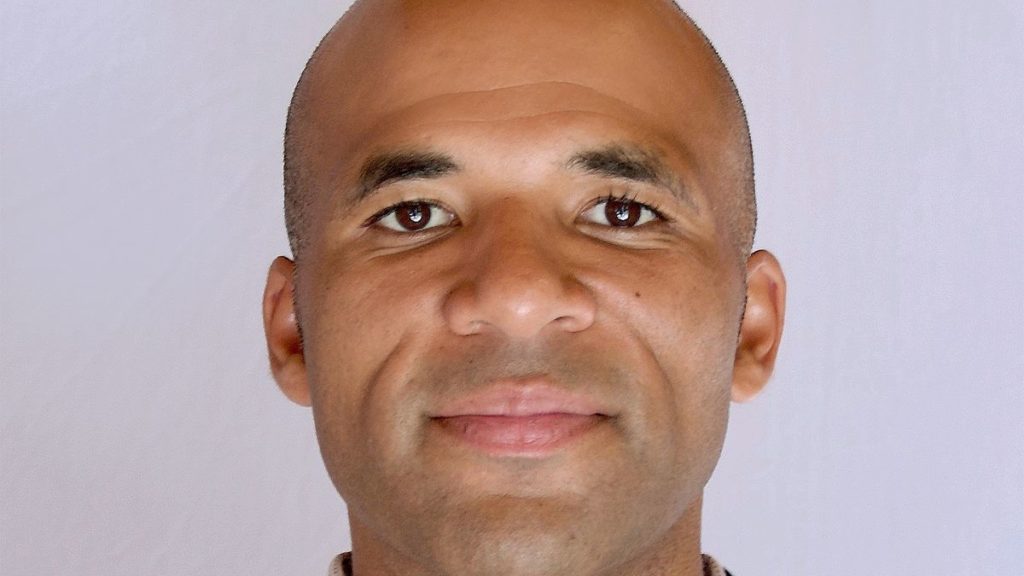The pandemic has brought an unusual calm to downtown Toronto’s retail streetscapes, but in the past couple of years, there’s been one unmistakable sign of life: the proliferation of cannabis shops.
Overall, despite small bumps in the road, such as the temporary mismatch between supply and demand in some areas, legalization has been an overwhelming, if quiet, success since it came into effect a little more than three years ago.
Nevertheless, Justin Trudeau’s campaign promise as the then third-place party leader and subsequent policy adoption as Prime Minister were in step with both public opinion and the behaviours of Canadians.
The overarching aim is to promote public health and safety by keeping cannabis out of the hands of young people, providing access to a quality controlled supply, displacing the illegal market, and reducing the burden on both the public and justice system associated with criminalizing simple possession.
Huge amounts of money poured into the emerging Canadian cannabis sector as investors looked for ways to cash in on the “green rush.” Licensed cannabis companies saw their valuations skyrocket, and many used their windfalls to fund construction and acquisition sprees.
Nevertheless, at the time of legalization, too few Canadians had ready access to legal product as different provinces and territories took their own approaches to retail licensing and sales.
It seemed that many of the players in Canada’s new legal industry were unable to satisfy the rather sophisticated tastes of experienced cannabis consumers, or to compete on a cost basis with illegal suppliers.
First was the introduction of a broader range of cannabis products in January of 2020, including edibles and beverages, that might appeal to consumers reluctant to smoke or vape.
UBC researcher Russ Callaghan collected data from emergency departments in Ontario and Alberta, and concluded that there was “no evidence that legalization was associated with significant changes in emergency department traffic-injury presentations.” This is good news.
This is perhaps unsurprising given the introduction of strengthened impaired driving laws that accompanied legalization and the vast amount of law-enforcement resources and attention that was deployed to address concerns.
Given the obstacles to access and perceived quality issues mentioned above, many Canadian cannabis consumers initially appeared reluctant to ditch their illegal supply in favour of regulated products.
By 2019, 47 per cent of respondents to the National Cannabis Survey reported getting at least some of their cannabis from a legal source, a figure that rose to 68 per cent by 2020.
The availability of cannabis has been inconsistent across the country, with some urban centres, such as Toronto, seeing a deluge of new shops while other jurisdictions, often suburban areas, have banned such outlets entirely.
Although fluctuating over time, these figures remained high during the tough-on-crime Stephen Harper years and began to decline after Mr. Trudeau’s election in 2015. By 2019, a year after legalization, cannabis possession arrests had dropped to 1,856, and declined further to 1,378 by 2020.
Because the enforcement of our drug laws has historically been targeted toward marginalized and racialized populations, it is these groups who continue to be disproportionally harmed by the negative consequences of a criminal record.
The sky has not fallen, use has not skyrocketed, and a steady increase in the proportion of legal sales mean public health and safety are being strengthened.
Nevertheless, I hope that the understated successes of cannabis legalization will prompt a fundamental rethinking of our approach to dealing with all illegal mind-altering substances.
For the first Christmas after legalization in 2018, The Globe’s Ian Brown planned to team up with a top pastry chef to recreate the famous “Haschich Fudge” popularized by Gertrude Stein’s lover, Alice B.
After legalization, some producers and investors bet that cannabis-infused drinks would reap millions of dollars in revenue – but so far, reality hasn not lived up to the hype.
